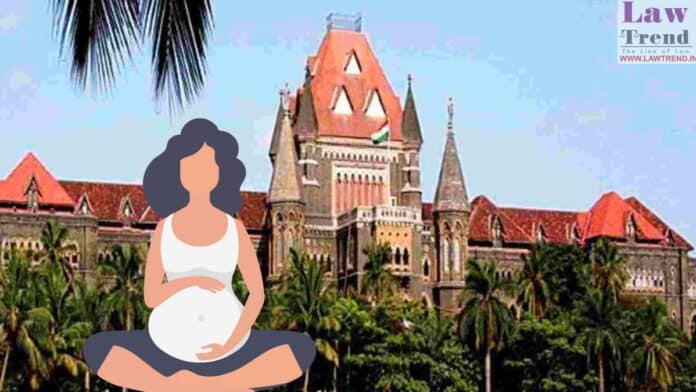In a significant ruling that underscores the importance of reproductive rights and bodily autonomy, the Bombay High Court has granted permission to a 32-year-old Mumbai woman to terminate her 26-week pregnancy due to foetal anomalies. The court has allowed the procedure to be conducted at a private hospital of the woman’s choosing, provided the hospital confirms it meets all criteria under the Medical Termination of Pregnancy (MTP) Act.
The division bench, including Justices Revati Mohite Dere and Neela Gokhale, emphasized the petitioner’s rights to reproductive freedom, bodily autonomy, and personal choice. This decision comes despite existing provisions in the MTP Act, which generally do not permit the termination of pregnancies beyond 24 weeks at private facilities without explicit court approval.
“Conscious of the petitioner’s rights and considering the medical condition, we permit her to medically terminate the pregnancy,” the bench stated in its order dated March 28.
The court’s intervention was sought after a medical examination, specifically a Foetal Echo Cardiography conducted around the 24th week of pregnancy, detected skeletal dysplasia—a condition predicted to cause severe morbidity. Following this diagnosis, a medical board at J J Hospital recommended the termination, aligning with the petitioner’s wishes.
The legal representation for the petitioner, Meenaz Kakalia, highlighted the importance of the procedure being performed in a manner that prevents the foetus from being born alive, citing guidelines issued by the Union of India under the MTP Act. These guidelines have been adopted by Maharashtra and call for the cessation of the foetal heartbeat under such circumstances.
However, the court noted that the medical board’s report from J J Hospital did not specify the method for reducing the foetal heartbeat, leading the bench to request a detailed opinion on the most suitable termination method within two days.




